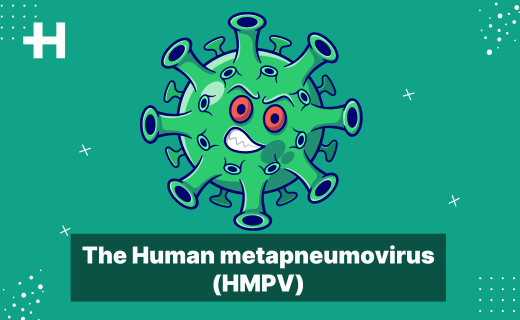Every industry has been influenced by the epidemic in some way. The insurance sector is the same. The bright side is that it has clearly established the value of technology, particularly Artificial Intelligence (AI) and Cloud Computing for this particular industry.
The market for artificial intelligence in insurance is projected to be worth USD 6.92 billion by 2028 and will increase at a CAGR of 24.08%.
According to a poll, 21% of insurance companies said they are educating their staff for interactive, collaborative, and understandable AI-based solutions. It is anticipated that decision-makers would prioritize investing in AI insurance.
Automation of insurance for operational operations is necessary due to the increasing demand for individualized insurance services. Artificial intelligence (AI) does the same thing by automating human-performed functional operations so they may be completed more quickly and without human mistakes or tiredness.
Table of Contents
How can AI benefit the insurance sector?
It has become crucial for the insurance sector to implement cutting-edge technology like machine learning, robotic process automation, and more in order to meet current demands and remain competitive. Let’s examine how implementing the most recent technology might improve the current time-consuming and laborious insurance procedure.
The insurance sector is mature and heavily regulated. Insurance businesses have adopted technological change more slowly than other industries, maybe as a result. The insurance industry is still heavily reliant on sluggish, manual, paper-based procedures. Even today, clients must deal with lengthy paperwork and bureaucracy in order to obtain reimbursement for a claim or enroll in a new insurance policy. Consumers may also pay extra for insurance because it is not customized for their specific requirements. Insurance is not always a positive customer experience, even in this day and age when most of our everyday activities are online, digital, and convenient.
Selling and advertising: Machine learning may be used to provide clients with more relevant and competitively priced insurance coverage. To ensure that clients only pay for the coverage they require, insurers can price their packages based on specific demands and lifestyles. As a result, insurance becomes more appealing to a larger spectrum of clients, some of whom could subsequently buy insurance for the first time.
Risk: Fraud trends may be identified using neural networks, which helps to cut down on false claims. The FBI estimates that approximately $40 billion is lost to non-health insurance fraud in the US each year, costing households an additional $400 to $700 in premiums. Moreover, machine learning may be utilized to enhance the actuarial and risk models employed by insurance firms.
Operations: Neural network-based chatbots may be created to comprehend and respond to the majority of client questions via email, chat, and phone calls. For insurers, this can result in considerable time and resource savings that they can use for other lucrative endeavors.
Reporting of Claims: AI in insurance claims may manage the initial notification of loss wherein insurers can report, route, triage, and allocate claims without or with minimum human participation. Chatbots may effectively speed up the claim reporting process since clients can submit their reports of occurrences from any location, at any time, and using any device. The information may be distributed further by the AI-enabled chatbots for additional processing.
Enhanced standard operations: Customer service has undergone a dramatic transition as a result of artificial intelligence’s capabilities in the insurance sector. As previously noted, chatbots are the simplest method to start the process and continue disseminating the information to the next aligned step without requiring human participation, making the process easy, efficient, and error-free.
Based on the customer’s profile and past purchases, AI-powered chatbots may cross-sell and upsell items. Scaling up operations is made simple by automating monotonous tasks, freeing up human resources for more strategic responsibilities.
The Future of AI in Insurance
Customers’ experiences with insurance might change thanks to artificial intelligence (AI), which could make it less cumbersome and expensive. Customized insurance goods will bring in more clients at more affordable costs. We will soon begin to see more flexible insurance, such as on-demand pay-as-you-go insurance and rates that automatically alter in reaction to accidents, consumer health, etc., if insurers use AI tech to the mountain of data at their disposal.
Since insurers adopting AI technology will be better able to understand what their consumers need, insurance will become more tailored. Workflows can be accelerated to help insurers save money. When prospects for new business and cross-selling are created by AI-driven analysis, they will also find new sources of income.
Most significantly, the aforementioned AI tools can simplify how clients communicate with insurance providers. This could increase people’s propensity to get insurance.
Also Read About: Group Health Insurance




